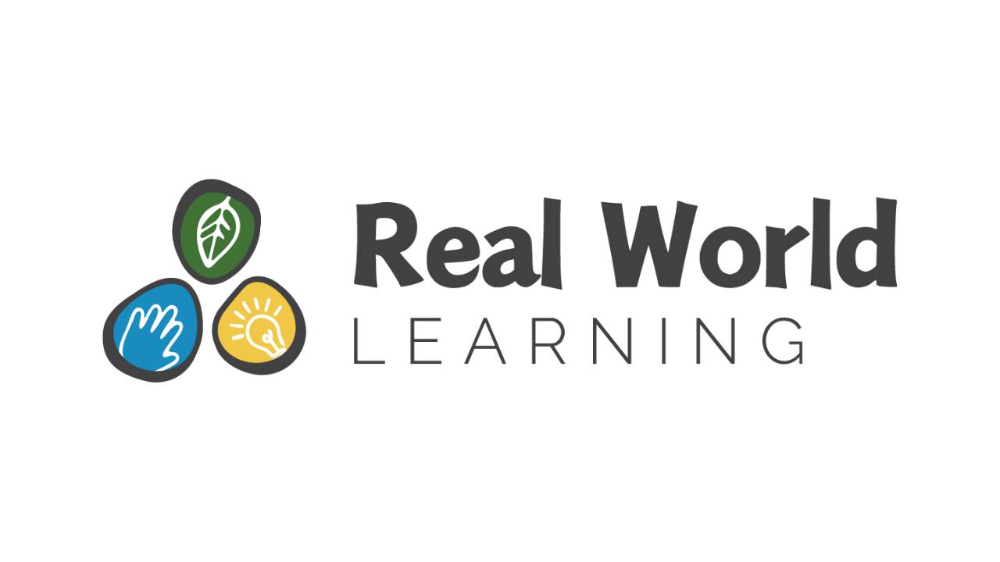Protecting Biodiversity & Connecting with Nearby Nature

World Environment Day 2024 - Our Land. Our Future #GenerationRestoration
World Environment Day 2024 is bringing focus to the important role we need to play in terms of restoring ecosystems and protecting biodiversity the world over.
Properly functioning ecosystems are what sustain life on Earth - people included. Clean air and water, and healthy soil - the foundations of earth’s natural systems - support all life on earth.
What can you do to help protect the air, water and land?
Think Global. Act Local.
While problems such as climate change, habitat loss and pollution are happening on a global scale, there are many things you can do in your local community, or even within your service that will make a difference.
Acting locally provides the opportunity to explore big issues on a small scale and in a context that makes sense to both children and adults alike.
Here’s some things you can do that contribute to restoring ecosystems and protect biodiversity:
- Plant local indigenous plants in your outdoor spaces
- Create habitats in your outdoor spaces for wildlife including pollinators (bees, butterflies, bats), birds and small mammals (possums, bandicoots, gliders, etc). Plant flowering or nectar providing plants.
- Provide nesting boxes, bug hotels or water stations.
- Investigate local plant and animal species - include the cultural significance of these species to ATSI peoples.
- Connect with your local community environment or Landcare groups
- Grow some herbs, sprouts or food plants (some plants actually restore soil - legumes, peas and pulses)
- Buy food produced locally where possible
- Reduce food waste - what practices could you put in place to reduce food waste? (e.g. encouraging children to self serve, sharing meals for families or staff from leftovers)
- Establish a compost or worm farm
- Investigate decomposition and the role of fungi and insects as nature's recyclers
- Clean up an area of nearby nature - creek, river, beach or bushland and remove litter
- Create a small world play experience - a natural space (bush, beach or creek) and natural elements and man made elements (litter, plastic, etc) for the children to ‘clean up’.
- Find out if there are local water monitoring programs you could get involved with (like Waterwatch).
- Observe your local waterways over time. Do you notice changes after rain, in different seasons, etc?
- Explore water conservation. How can you reduce water waste (eg collecting water from meals or in the sink during hand washing to water the garden; limiting water for water play by introducing containers or a small water tank)
- Read your favourite nature, plant, animal or garden themed books.
- Explore sounds or make music using natural materials (water, sand, stones, etc)
The opportunities are endless!
Next Gen Sustainability is Here!
Sustainability Made Simple.
The Next Gen Sustainability Program Makes Integrating Sustainable Practices Across Your Early Childhood Education and Care Setting Engaging and Effective.
Create a learning environment where children develop a deep connection to nature, an understanding of their role in protecting the planet, and the skills to make responsible choices as global citizens for sustainability.
Embedding sustainability is more than just another box to tick—it’s the key to creating a lasting impact for our children, your team and community.
But where do you start? How do you make sustainability practical, meaningful, and engaging?
The Next Gen Sustainability Program will guide you through a proven process that engages others, builds knowledge, inspires action and creates impact. The Program is customised to meet the specific needs and goals of your Service.



